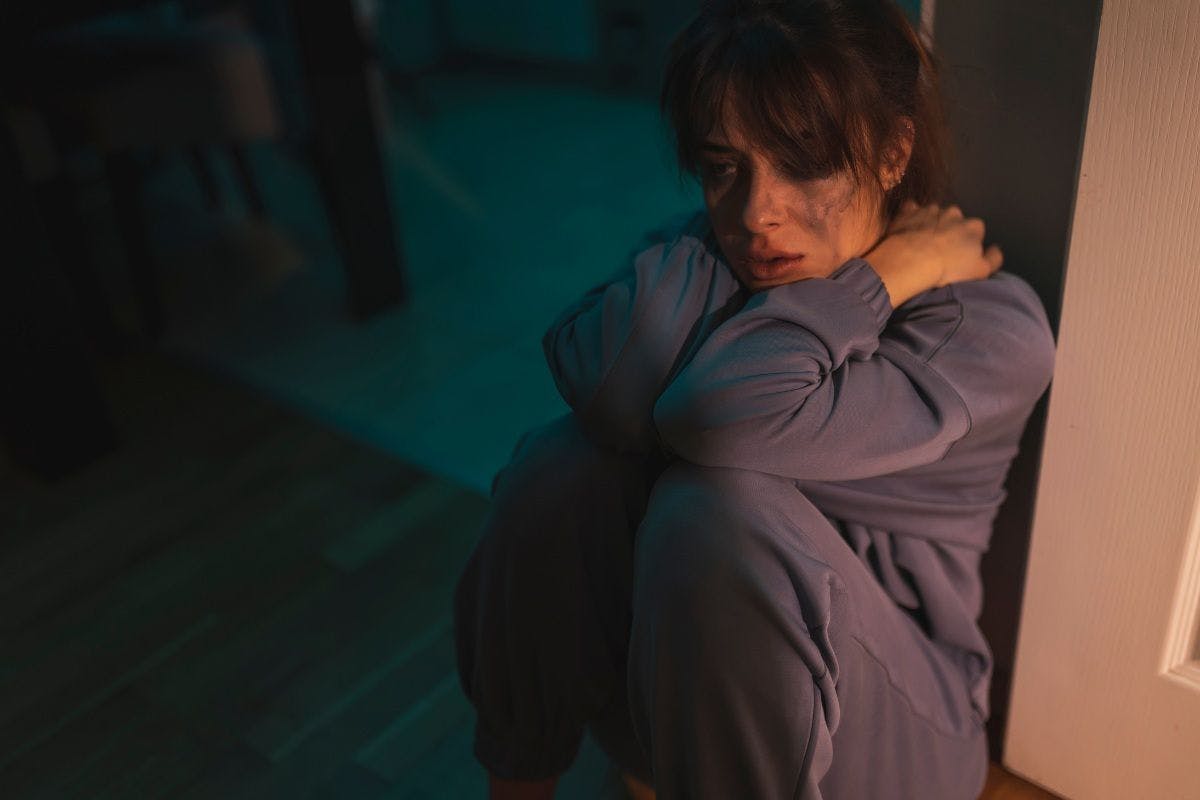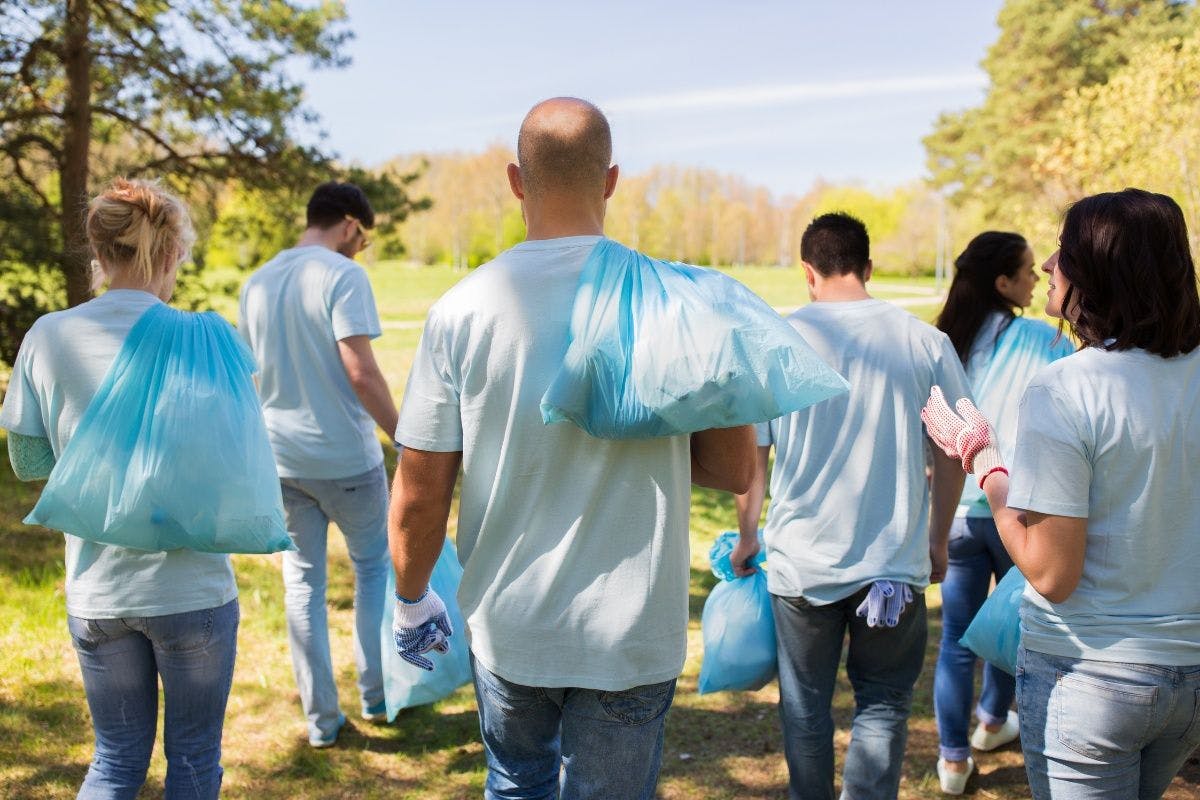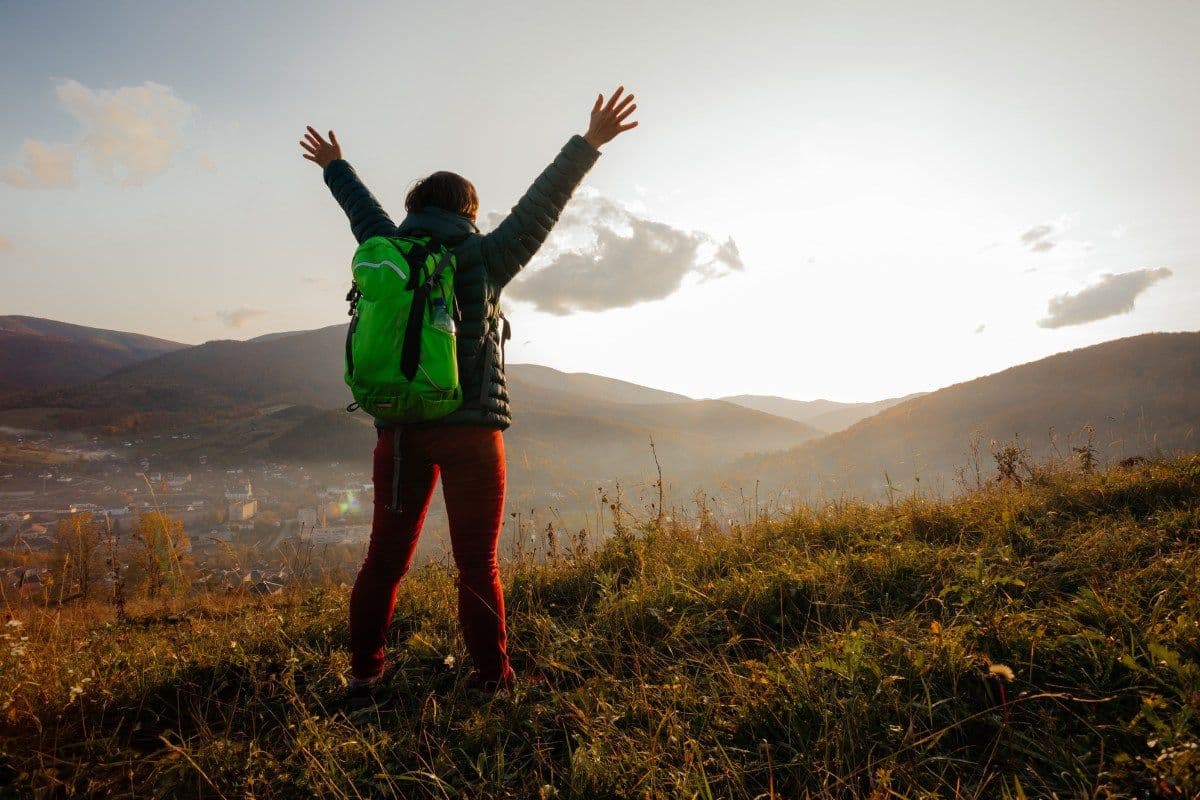Environmental grief: when fear of the future of our planet grips you
You turn on the news and the fires in Australia jump out at you. You go on social media and you see a garbage island in the middle of the ocean. Or a glacier crashing into the waves. You can watch the effects of the climate crisis live on the air, and it's no wonder you're scared of the future. Your own and the planet's. It's a fear that has come to be known as environmental grief. Sometimes called climate grief, climate anxiety or environmental anxiety.
What can you do if this fear overwhelms you or your children?
What exactly is environmental grief?
It is about sadness, fear and helplessness in response to current environmental problems. It carries with it deep emotional pain and can go so far that you stop seeing meaning in life.
There can be a whole range of feelings mixed up in you:
- The sadness of dying ecosystems and a lost future.
- Anxiety about where the environmental crisis will lead and the threat to life.
- Anger at those who, in our eyes, caused the climate crisis, do not recognise it and do nothing about it.
- Feeling guilty, for example, about not doing enough for change by yourself.
- Powerlessness because you know that you alone cannot reverse the climate crisis.
- The hopelessness and loss of purpose, not knowing why to try when we will soon be fighting for our lives anyway.

Half of young people experience climate anxiety
Do you feel the same way? You're definitely not alone. The younger generation is the most affected by the climate crisis. They've been handed a problem they didn't cause. Maybe that's how you feel, too. You see that there is nothing you can do about the situation, and so despair sets in.
According to a study of 10,000 young people (16-25 years old) from different parts of the world, 59% of them experience extreme anxiety about climate change.
It's not much better here. According to a Czech study, 40% of 15-20 year olds feel powerless in the face of the climate crisis. A full 67% think they will live in a worse world than we do now.
The American Psychological Association even sees climate change as the greatest threat to mental health in the 21st century. You're really not alone in this. And that may be the hope for change.
The fear of the future that divides and unites
The climate crisis has been increasingly talked about in recent years. But the strong emotions that some of us feel are often misunderstood. You may be labelled as hypersensitive, emotionally unstable or exaggerating the issues.
And so you start isolating yourself. You don't talk about your feelings, and you disconnect from those difficult emotions. That's why ecopsychologist Leslie Davenport also refers to environmental grief as neglected grief. But grief is really important. Repressed emotions don't just go away. They will build up inside.
On the other hand, this isolation leads to the foundation of various climate movements. Like years ago when Greta Thurnberg founded Fridays For Future. In the Czech Republic (make local) there are also various associations where you can find kindred spirits going through climate anxiety.

How to fight climate anxiety
The hard thing about climate anxiety is that it's not actually irrational. You actually have a real reason for your fears about the future. But on the other hand, you don't have that much power to save the whole situation on your own. That makes it all the more challenging to cope. We completely understand.
What to do then? Here are some tips from our mental health experts:
- Don't be overwhelmed by information – watching new and new news about the climate crisis only adds to the anxiety. Also beware of misinformation, of which there is more and more.
- Notice the positive changes – the media always tell us mainly the negative. But there are also many positive changes in the world. Pay attention to them.
- Get involved in the community – there are plenty of initiatives to improve the environment. You'll find understanding and you'll be able to make a real difference. You'll see more meaning in life again, and powerlessness won't be such a force.
- Live more sustainably – change starts with each of us and you can influence the people around you by your example. But remember, you don't need to be 100% in everything.
- Take care of your mental health – meditation, yoga, mindfullness, breathing exercises, time in nature or keeping a gratitude journal, for example, can help with anxiety.
Just don't be afraid to seek professional help. No problem is so small that you have to be alone on it. Besides, anxiety doesn't usually go away on its own. Over time, it can bring on insomnia or depression. Psychotherapy can help you cope with the situation and show you ways to work through the difficult emotions that are weighing you down.
In Hedepy you can choose from more than XY verified psychotherapists and join the therapy online. See how it works.

What you can do as a parent
The key is not to minimize the emotions of children and adolescents. Their fears about the future are valid, even if they may seem exaggerated to us. Here are some points you can make for your children:
- Listen and show understanding – talk openly about what they are feeling without making fun of the emotion.
- Educate together – find out about what is already being done to address the climate situation. Find positive examples and stories. You can help relieve feelings of powerlessness.
- Do something for nature together – you can go on a forest clean-up, plant trees or set smaller achievable goals to make your household more sustainable.
- Encourage the expression of feelings – artistic and written forms of self-expression help to cope with emotions.
- Encourage healthy habits – getting enough sleep, exercise, healthy food, time in nature - all of these help relieve stress.
If you feel your child needs more intensive help, we also offer teen psychotherapy at Hedepy. Our accredited professionals know how to work with children to help them overcome these difficult emotions.
Here you will find an overview of psychotherapists specialising in helping teenagers. With a few clicks you can book your first online session.
Thinking about therapy?

My First Therapy: How to Prepare and What to Expect

What is psychotherapy? And who is it for?


